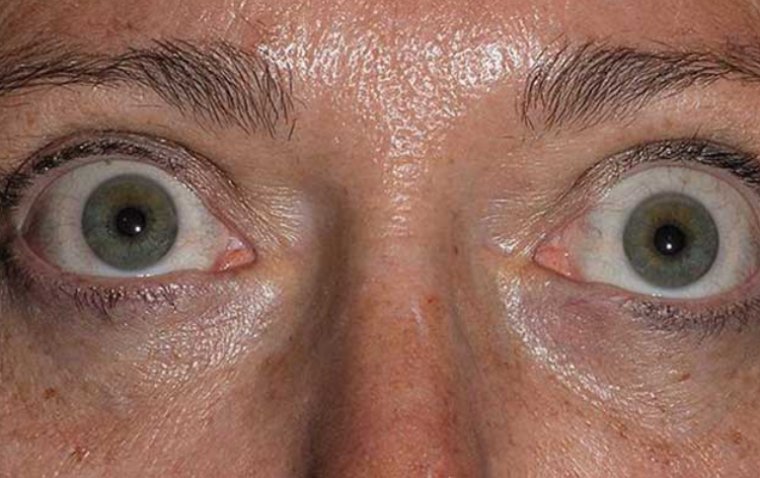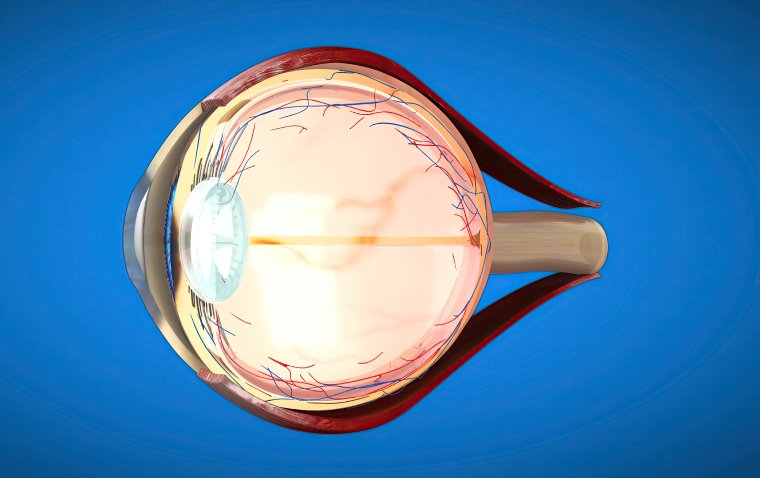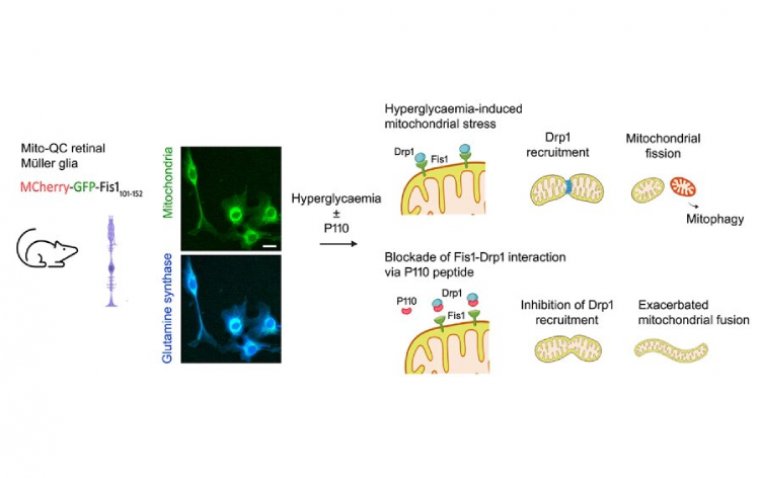
Vitamin Supplementation May Slow Glaucoma Progression, New Study Suggests
A recent study published in Cell Reports Medicine suggests that specific vitamin supplements that support retinal metabolism may slow or even halt optic nerve damage in glaucoma. The promising findings have now led to the launch of a clinical trial currently enrolling patients at St. Erik Eye Hospital in Stockholm.
Exploring the Role of Homocysteine in Glaucoma
Glaucoma is a progressive optic neuropathy where elevated intraocular pressure (IOP) contributes to optic nerve damage, potentially leading to irreversible vision loss and blindness. While pressure-lowering treatments such as eye drops, laser therapy, or surgery remain the standard of care, their effectiveness varies widely among patients.
Researchers at Karolinska Institutet have long been interested in the role of homocysteine, a naturally occurring amino acid, in glaucoma. However, the new study revealed that elevated homocysteine levels did not worsen the disease in animal models, nor did blood levels of homocysteine in glaucoma patients correlate with disease progression. Additionally, genetic predisposition to high homocysteine levels did not increase glaucoma risk.
Based on this, the team concluded that homocysteine is likely a byproduct, not a driver, of the disease.
Metabolic Impairment in the Retina: A New Therapeutic Target
Delving deeper, the researchers investigated metabolic pathways involving homocysteine in both human and animal models. They found abnormalities in how the retina uses certain vitamins, indicating that metabolic function in the retina was impaired. This metabolic slowdown was linked to disease development.
“Our conclusion is that homocysteine is a bystander in the disease process, not a player,” said James Tribble, researcher and assistant professor at the Department of Clinical Neuroscience, Karolinska Institutet.
“Altered homocysteine levels may reveal that the retina has lost its ability to use certain vitamins that are necessary to maintain healthy metabolism.”
B Vitamin and Choline Supplementation Slows or Halts Disease in Animals
To test this hypothesis, the team administered supplements of vitamins B6, B9, and B12, along with choline, in animal models of glaucoma:
• In mice with a slow-developing form of glaucoma, vitamin supplementation completely halted optic nerve damage.
• In rats with a faster-progressing form, disease progression was significantly slowed.
Notably, no treatments to lower eye pressure were used during the study, highlighting that the vitamin intervention appears to act through a different, pressure-independent mechanism.
Clinical Trial in Humans Now Recruiting
Encouraged by these results, the researchers have initiated a clinical trial involving patients with both primary open-angle glaucoma (slower progression) and pseudoexfoliation glaucoma (faster progression). Recruitment is currently underway at St. Erik Eye Hospital.
“The results are so promising that we have started a clinical trial,” Tribble confirmed.
Reference:
James Tribble, et al. Dysfunctional one-carbon metabolism identifies vitamins B6, B9, B12, and choline as neuroprotective in glaucoma, Cell Reports Medicine (2025). DOI: 10.1016/j.xcrm.2025.102127. www.cell.com/cell-reports-medi … 2666-3791(25)00200-9
(1).jpg)










